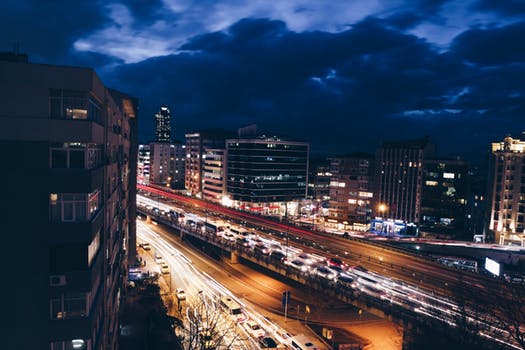The Brain's Allergy to the Big Picture
Do you suffer from Systems Blindness? You almost certainly do.
The problem is that your brain’s hardwiring is designed primarily to keep you alive. Which is fair. But as a result, we specialize in snap-second judgments.
Our living strategy is largely built on using association to connect causes and effects, which in turn drives our decision-making. See a school bully in action and we go out of our way to avoid him. Watch a fellow office worker grown lean through jogging and we might be tempted to hit the pavement ourselves in the morning. In short, we observe, draw inferences and plot our course. This strategy has served humanity well; after all, there are over 7 billion of us on the planet.
Individually, we are amazing at making day-to-day decisions that afford us a certain amount of comfort. But what happens when our comfort is besieged by a huge, unnervingly complicated system like weather or traffic? Here is where Daniel Goleman in his new book Focus: The Hidden Driver of Excellence, weighs in.
Take traffic, for example. When we’re stuck in rush hour, we might be tempted to think the way my diminutive little grandmother used to: “Why don’t all these damn people stay home?” Aside from the fact that, by her very presence, she is contributing to the problem, this is probably an issue of oversimplification. Too many people = traffic jam.
We might be tempted to answer my grandmother with, “What we really need is more roadways.” Engaging in this kind of reasoning is known as the “illusion of explanatory depth,” Goleman explains. “…we feel confidence in our understanding of a complex system, but in reality have just superficial knowledge.”
We don’t realize, for instance, that access to new highways can energize nearby industry, which can grow communities, which in turn supports restaurants, shopping, and recreation, thereby attracting even more families, which puts more people like my grandmother on the road, which of course means more traffic jams.
Our brains understand cause and effect at a local level, but as the causes and effects grow larger and more distant, our reasoning suffers. The effect of slamming your fingers in a car door is pretty immediate: the amygdala, the fear center of your brain, fires off a warning and your sensory system administers a shot of pain. Global warming, on the other hand, operates on an almost impossible level of remove.
We are designed to create short-term solutions, and as our societies have grown larger and more complex, system blindness becomes increasingly more dangerous. I can’t see the seas rise as the result of a carbon-loaded atmosphere, so I don’t merely dismiss the impending long-term threat, my amygdala is as complacent as the Maytag repair man.
Luckily, as our ability to generate and analyze large quantities of data has improved, our awareness of systems is growing too. Google’s foray into plotting flu epidemics is but one example.
Hopefully the more data mining that takes place for things like global climate change, the more each of us will begin to consider that we are part of something far larger than the hunk of land on which we live and drive. In the meantime, in regards to our carbon footprint, maybe my grandmother was onto something. “Why don’t all these damn people stay home?”





Comments
Post a Comment